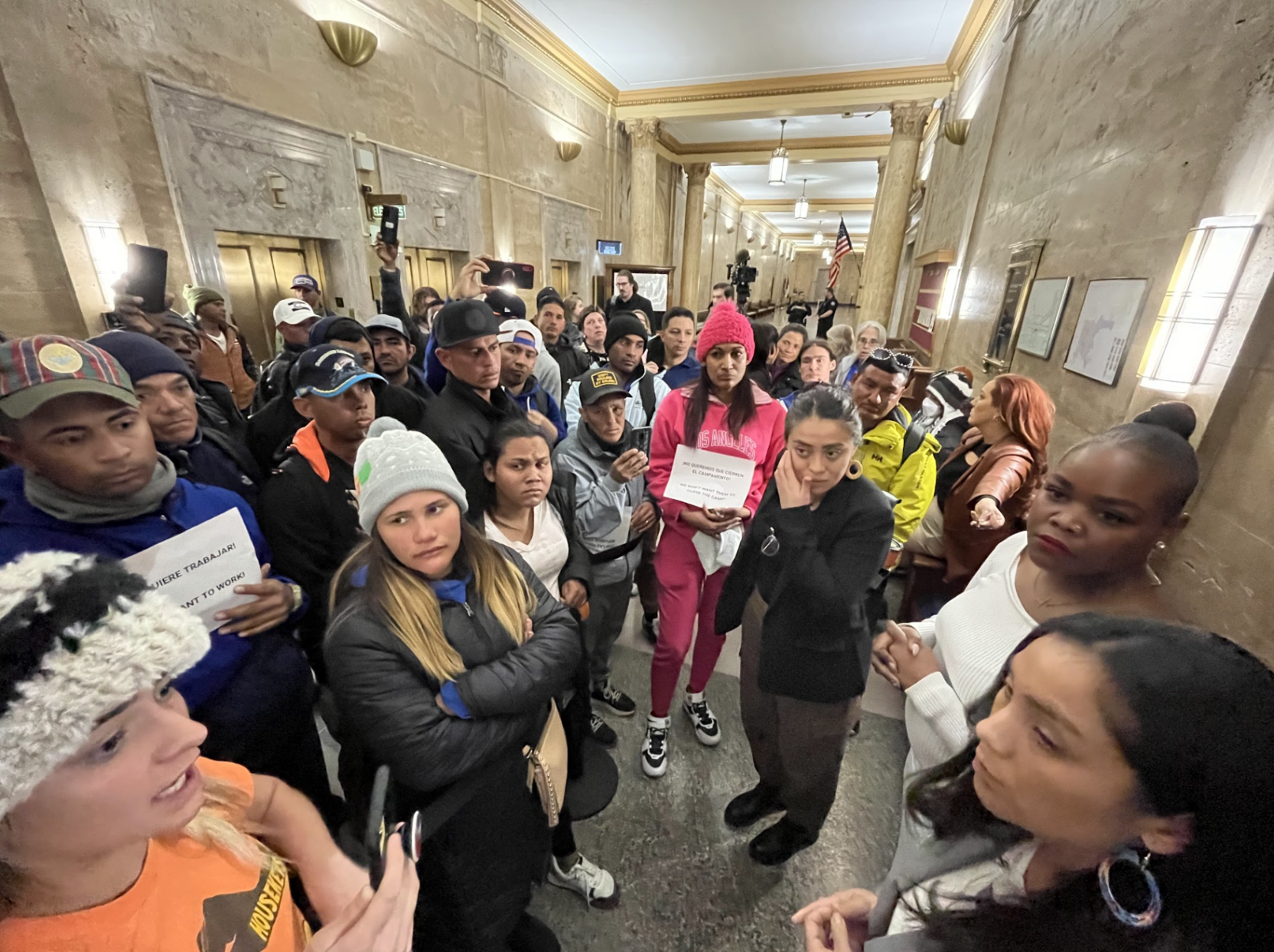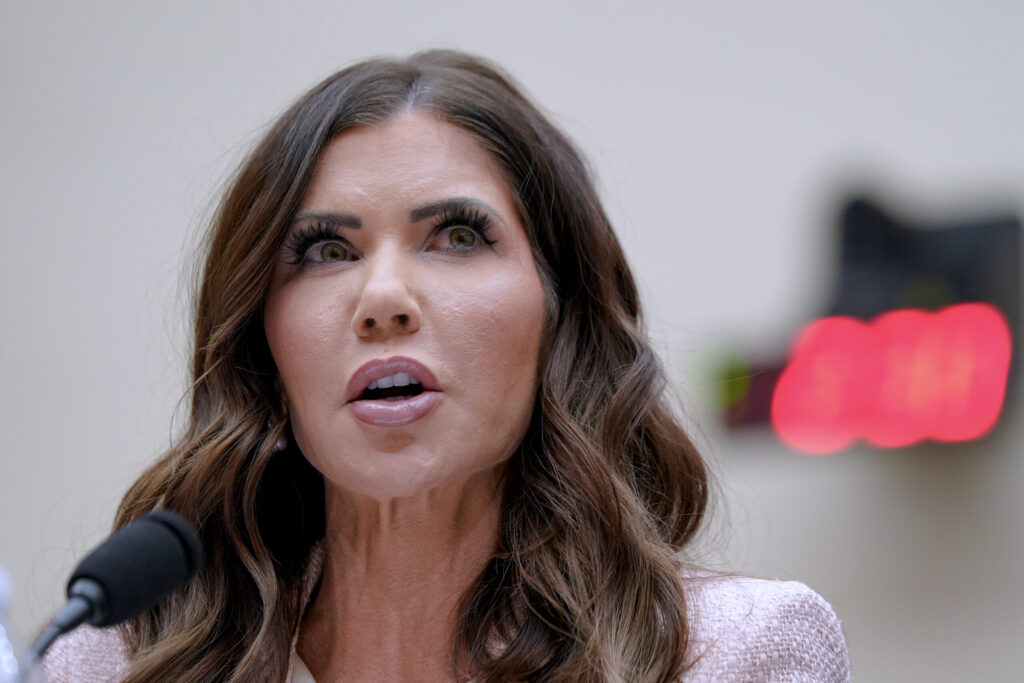Immigrants pose ‘difficult dilemma’ for Denver Health, justices draw line on fines against firm-switching lawyers | WHAT YOU NEED TO KNOW

Today is Jan. 16, 2024, and here’s what you need to know:
Denver Health – the city’s hospital safety net – saw $10 million in additional “uncompensated care” in the last year, which the health system attributed to the tens of thousands of medical visits from immigrant patients from South and Central America.
The rise in costs coincides with – and health officials attribute to – the unprecedented number of immigrants, who have crossed America’s border illegally and arrived in Denver.
“Overall, these patients don’t have medical insurance,” said Dr. Taylor McCormick, associate director of Pediatrics Emergency Medicine at Denver Health. “Denver Health is eating the cost for many of these visits.”
Uncompensated care includes health services that are provided, but not reimbursed, often because patients lack medical insurance or the ability to afford the cost of care.
Law firms may not require departing attorneys to pay a fixed amount for every client they take with them, unconnected to the firm’s actual expenses, the Colorado Supreme Court ruled on Tuesday.
Under the Colorado Rules of Professional Conduct for attorneys, law firms generally cannot enter into an agreement that “restricts the right of a lawyer to practice” upon leaving a firm. The purpose of the rule is to preserve an attorney’s professional autonomy and to avoid interference with attorney-client relationships.
For the first time, the Supreme Court examined whether law firms violate the rule by requiring attorneys to pay a preset financial penalty for each client who goes with them when they switch companies. The court answered in the affirmative.
Colorado’s justices on Tuesday appeared to believe the state law authorizing lengthy sentences for adult sex offenders does, when applied to juveniles, account for the guardrails necessary to comply with the U.S. Constitution.
However, that determination would only be a piece of the larger puzzle, due to the unusual manner in which the case of Omar Ricardo Godinez arrived at the Colorado Supreme Court.
Godinez, who was involved in the kidnapping and rape of two victims when he was 15, was charged as an adult in Arapahoe County and sentenced to 32 years to life upon his conviction. Therefore, Godinez fell under the Sex Offender Lifetime Supervision Act (SOLSA), a 1998 law generally requiring indefinite sentences in prison for felony sex offenses.
Desperate times call for desperate measures.
For Democrats, a party I left more than a quarter-century ago in favor of unaffiliated status and independent mind, their current situation would seem to qualify.
Arguably, the same would apply for a broader swath of Americans if we are to take seriously concerns as to what a second Trump presidency could bring.
To the partisan lens first, Democrats need not be in a full-blown panic. But what is the alarm bell just one step shy of that?













